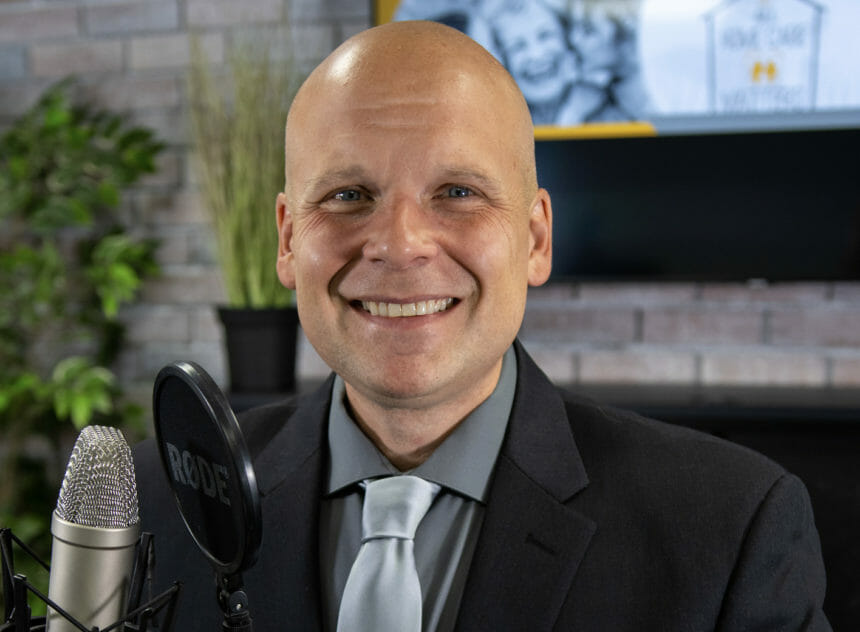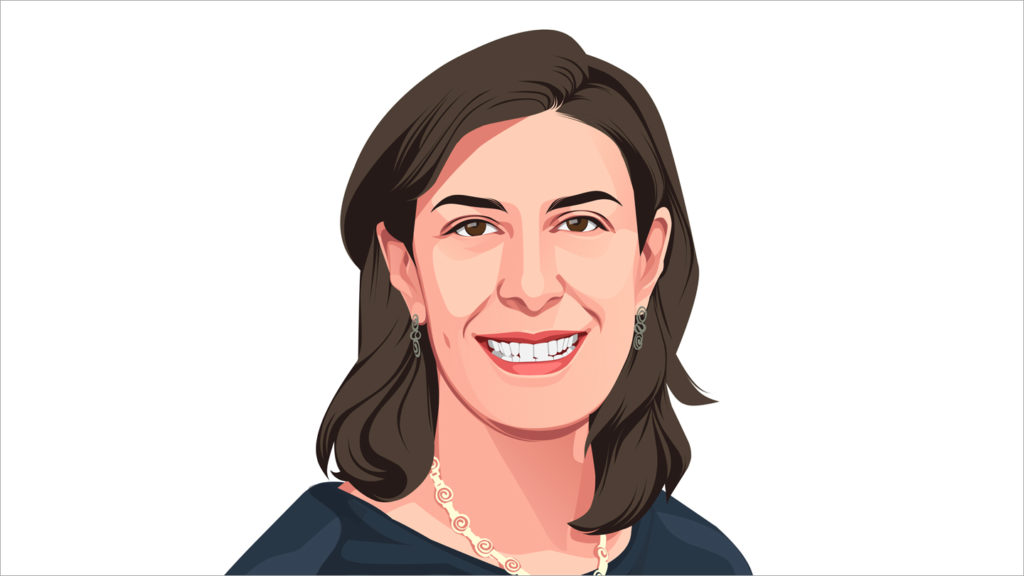
Imagine that you were scrolling through a social media site and someone you worked with or one of your family members posted an image or video of you that was less than flattering. Everyone not only saw it but started commenting on it and sharing it. How would this make you feel?
Now consider a person who not only never sees something like this posted about them but doesn’t even understand that they are being ridiculed or exploited. This is what it is like for someone living with dementia. They don’t have the ability to approve or consent to have images, videos and other identifying posts to be shared in this social media-crazed world. These people need to be protected.
A prevalent disease
It could be you. Every 3 seconds a new case of dementia is diagnosed somewhere in the world, joining the already more than 55 million people living with the disease. Dementia, a general term for a group of similar diseases including Alzheimer’s, is a progressive disease that destroys memory and other important mental functions. While there is no cure, medications and management strategies may temporarily improve symptoms.
Alzheimer’s disease is the most common form of dementia and makes up 60-70% of the global dementia cases and the World Health Organization (WHO) has pushed the deadline to find a cure for Alzheimer’s from 2025 to 2030.
Brain changes associated with Alzheimer’s disease lead to challenges with memory, thinking and reasoning, making judgments and decisions, planning along with changes in personality and behavior. It’s these challenges that raise the question about whether a person with Alzheimer’s disease is still able to make decisions in not only their care but other matters, including legal and financial.
“I am seeking, I am not lost. I am forgetful, I am not gone.”
Koenig Coste, advocate for patients with Alzheimer’s disease and co-author of Learning to Speak Alzheimer’s
A right to dignity
People living with dementia maintain the right to make their own decisions as long as they have legal capacity. Power of attorney does not give the agent the authority to override the principal’s decision-making until the person with dementia no longer has legal capacity.
While people who are diagnosed with dementia are able to give consent in some areas, there are no guidelines, let alone rights or laws, when it comes to posting information, including photos and videos, on social media. Many people with dementia aren’t capable of understanding the complexity of what it means to agree to have something posted on social media sites where it can be manipulated and exploited.
We live in a world now where anyone can take a photo or record a video of someone and put it out on social media. But I am capable of making that decision because I understand what is being posted and shared and I understand what social media is. A person suffering with dementia does not and they need to be protected. We need to remember that every person with dementia is still a person and deserves and is entitled to respect and dignity.
Upcoming forum
This topic will be the subject of an upcoming “Ethics of Dementia and Social Media” forum featuring nine of the world’s leading dementia experts on the ethics of dementia and social media and will air on YouTube and other podcast providers worldwide on Feb. 14.
While people living with dementia may be able to consent to simple tasks, such as what they want to eat, read or watch on TV, they may not be able to understand, let alone consent to, having videos or photos taken of them and shared on social media sites. This forum will examine all of the ethical challenges that can come with people trying to take advantage of a person unable to defend themselves or grasp the far-reaching implications of being displayed on social media.
Our fervent wish is that this panel and discussion will help lead to a much broader discussion across the dementia community and hopefully help protect people with dementia from being abused and exploited.
The “Ethics of Dementia and Social Media” forum will feature:
- Lance A. Slatton, CSCM, host of All Home Care Matters, Livonia, MI
- Jennifer Bute, former medical doctor and founder of Glorious Opportunity (she is living with a dementia diagnosis)
- Tim England, master’s-educated in dementia and internationally recognized dementia champion
- Lori La Bey, internationally recognized dementia expert and founder of Alzheimer’s Speaks Radio and The Dementia Map
- Alban Maino, CEO of Memory Lane TV and dementia advocate
- Bettina Morrow, master’s-educated in dementia and Masters-educated in social work specializing in adult services
- Ralph Martina, PhD, professor of neurobiology at Macquarie University
- Marianne Sciucco, RN, co-founder of AlzAuthors
- James Vickers, PhD, director of the Wicking Dementia Research and Education Center and past president of the Australasian Neuroscience Society
- Leah Waller, founder of DementiaTLC
I hope you will tune in and learn about the complicated topic of ethics, social media and dementia.
Lance A. Slatton is a senior case manager at Enriched Life Home Care Services in Livonia, MI. He is also host of the podcast All Home Care Matters.



